He’s best known these days as the co-host of WNYC’s Radiolab, where he plays both foil and co-conspirator to Jad Abumrad. But Robert’s connection to radio goes back to the heady early days of National Public Radio. He joined the network in 1978 when it was just getting going, and it was there that he made a name for himself by explaining complex topics, in fun, offbeat ways.
He stayed at NPR until 1985, And while now he is best known for his radio work, he has also reported extensively for television. For 22 years, Krulwich was a science, economics, general assignment reporter at CBS and ABC News and also worked on PBS programs such as Frontline and Nova.
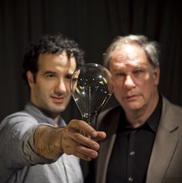
Robert Krulwich is like your favourite mad professor, who is able to turn things that normally seem drab and dull, into questions, and mysteries that you can’t wait to learn more about. And it’s contagious. You can’t help but feel a bit more lust for life after hearing Krulwich talk.
As New York Magazine put it, he’s "The man who simplifies without being simple.” And even more impressive than that for me is the clear joy and fun he has in the process along the way.
I spoke to Robert about his childhood in New York, his early capers as a 'pretend' teenage journalist, and the life long career he's made for himself out of following his own curiosity. Listen to our interview with Robert Krulwich here.
"At some point I realized that what other people might describe as a learning disability was actually for me a huge advantage" - Robert Krulwich
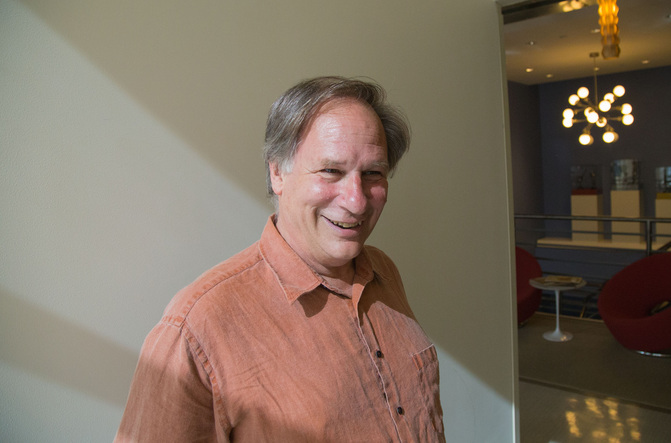
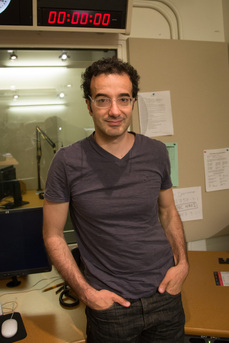
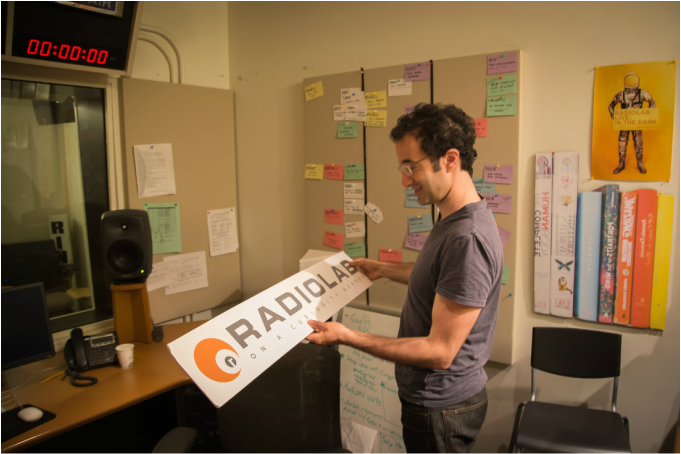
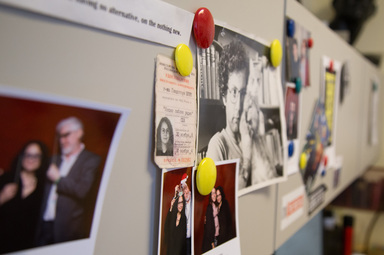
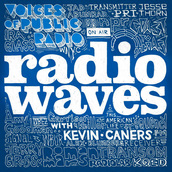



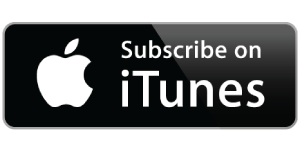
 RSS Feed
RSS Feed